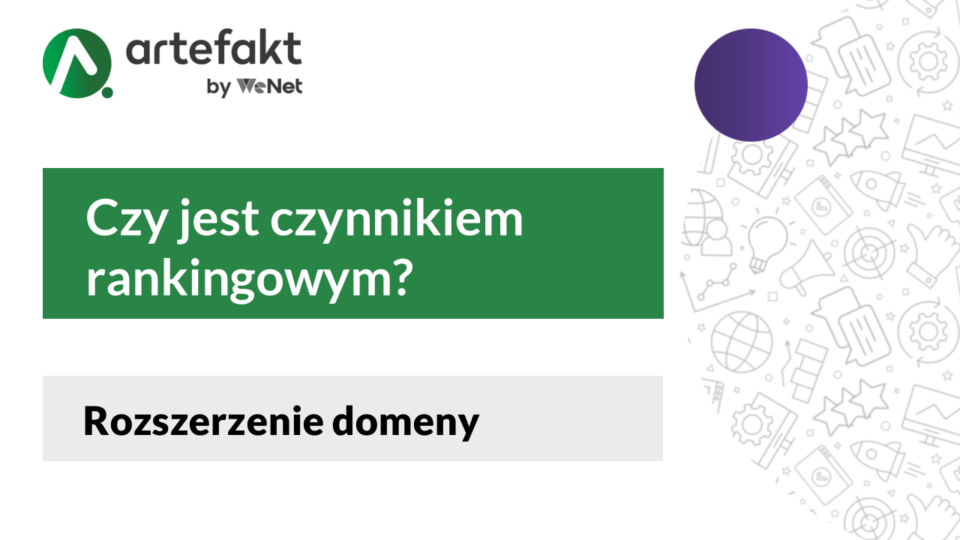
Zarejestruj się do bezpłatnej platformy e-learningowej.
Zarejestruj się bezpłatnie
Sprawdź, jak Twoja strona radzi sobie w sieci!
Audytuj bezpłatnie
Optymalizacja pod kątem wyszukiwarek internetowych (SEO) stała się kluczową strategią dla firm pragnących zwiększyć swoją widoczność online. Wśród wielu elementów branych pod uwagę w procesie pozycjonowania często pojawia się kwestia rozszerzenia domeny i jego wpływu na SEO.
Rozszerzenie domeny, znane również jako TLD (Top-Level Domain), to ostatnia część adresu internetowego, która następuje bezpośrednio po nazwie domeny, oddzielona kropką. Przykłady to .com, .org, .net, a także bardziej specyficzne lub lokalne, takie jak .pl, .us, czy .info. Te rozszerzenia mogą mieć różne zastosowania – od komercyjnych po organizacyjne, edukacyjne czy rządowe.
Rozszerzenie domeny odgrywa kluczową rolę w określaniu tożsamości i celu strony internetowej, mogąc wpływać na percepcję i zaufanie użytkowników. Analizując ten czynnik, należy wziąć pod uwagę, że Google stale aktualizuje swoje algorytmy i kładzie coraz większy nacisk na jakość i wartość dostarczanych treści. To może zmieniać wagę poszczególnych czynników rankingowych, w tym rozszerzenia domeny.
„Nie, rozszerzenie domeny (.com, .pl, .net itd.) nie wpływa bezpośrednio na SEO. Wyjątkiem mogą być rozszerzenia geograficzne (ccTLD), które mogą pomóc w pozycjonowaniu w konkretnych krajach.”
„Raczej traktowałbym rozszerzenie domeny jako czynnik mocno pośredni, którego znaczenie można zauważyć w niewielu przypadkach. „
„Niby tak, niby nie. W praktyce lepiej dopasować TLD/cTLD kontekstowo + regionalnie, bo pomyłka będzie wpływać m.in na różne postrzeganie firmy przez różne grupy społeczne, a tym samym wpłynie na czynniki behawioralne, co przyczyni się nieoczekiwanym zmianom w rankingu. Proste, co nie? 🙂„

Rozszerzenie domeny nie jest kluczowym czynnikiem rankingowym, ale może mieć znaczenie w SEO. Biorąc pod uwagę aktualne trendy, które kładą nacisk na użytkownika i jego doświadczenie z witryną, ważne jest, aby nie bagatelizować żadnego elementu, w tym także wyboru rozszerzenia domeny, który może wpłynąć na ostateczny sukces strony internetowej w sieci.